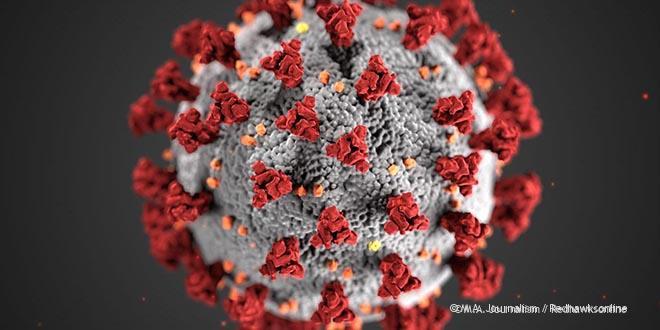What makes COVID-19 so dangerous
The WHO (World Health Organization) reported as of May 12, 2020, there have been over 4.3 million laboratory-confirmed cases of COVID-19 across 200 countries and territories. Of those 4.3 million, almost 300,000 people have died due to a COVID-19 related cause. With such significant statistics, one might one wonder how this virus differs from the millions of other viruses that roam the Earth today.
COVID-19 vs Coronaviruses
Coronaviruses have been around for centuries. Although most people first heard of coronavirus in the past several months, doctors have actually known about them since the mid 1960’s. Some of the coronaviruses (and the diseases they’ve caused) include SARS-CoV (SARS), MERS-CoV (MERS), and the virus responsible for the current pandemic, SARS-CoV-2 (COVID-19). Corona Virus Disease 2019 (COVID-19) was discovered back in December 2019 in Wuhan, China.
It wasn’t until January 12, 2020 when the coronavirus responsible for the disease was identified and named as SARS-CoV-2. What makes this coronavirus so unique was its ability to mutate, allowing transmission into humans. Because of this rare mutation, our immune systems are less-equipped to manage the disease.
COVID-19 vs. influenza
Many questions are asked on what the differences are between COVID-19 and influenza. Symptoms including cough, fever, shortness of breath, and sore throat can be caused by both viruses. It is also shown that both COVID-19 and influenza attack your immune system in very similar ways.
“Both viruses that we get exposed to by someone else coughing or sneezing on us, or by contact of a surface,” said Park Nicollet infectious disease doctor Mark Sannes. “Both then infect our air- ways and lungs causing pneumonia.”
Although both viruses attack in very similar ways, COVID-19 is more lethal than Influenza with the death rate being 25 times more than the flu. Johns Hopkins University reports that COVID-19 causes death in about 1 in 40-50 people (mortality rate of 2.5%), where Influenza causes death in about 1 in 1000 persons infected (0.1% mortality rate).
What also makes COVID-19 more lethal than influenza is its ability to spread. In just over four months, the U.S has confirmed almost 1.5 million cases.
How does COVID-19 attack your body?
Although the death rate for COVID-19 is low, the virus will attack your body in a painful way. As soon as the virus finds a way into your body, it will begin to multiply. The average person will start to show symptoms within the first 5 days of contracting the virus. In more lethal cases, the virus will infect and cause damage to your lungs. As a result of your immune system fighting back, it is shown that injury to many other organs such as your heart is common.
Death caused by COVID-19 is seen commonly in those who are over age 65, and those that have conditions that compromises their immune system such as cancer, diabetes, and hypertension. Death in those who deal with chronic conditions is more common because they are immunocompromised, causing their body to have reduced ability to fight off and recover from infections.
How do we combat it?
As of May 12, 2020, over 1.6 million people have recovered from COVID-19. Although a large percent of people have recovered, this virus is spreading fast. Health professionals and scientists are trying and using different methods to combat the virus. In hospitals, people who are infected with the disease and are having difficulties breathing by themselves will be put on ventilators to help get oxygen into their lungs.
“We support patients with oxygen, breathing treatments like nebulizers, and ventilators if their lungs need extra help in breathing normally,” said Sannes. “Although ventilators are helping save lives, they aren’t the solution. All of the treatment thus far would have to be considered experimental, but a couple are showing some promise including remdesivir, a new drug that was studied during the Ebola outbreak that looks promising.”
Even with all these experimental treatments, scientists are still trying to create a vaccine that the world would be able to use.
“Many people are asking if there will soon be a vaccine or treatment for helping with the virus,” said Sannes. ”Near future’ in the vaccine world wide would imply 1-2 years given how long it takes to study in animals, then finding the right dose in humans, then studying whether it works in actually preventing diseases in humans.”
It’s a long process, but there are signs of both hope and concern.
“There are animal trials that are already wrapping up with a few candidate vaccines, and next comes studying them in humans. Not ready for this summer, but possibly something for next respiratory season, when we might see this virus return.”

